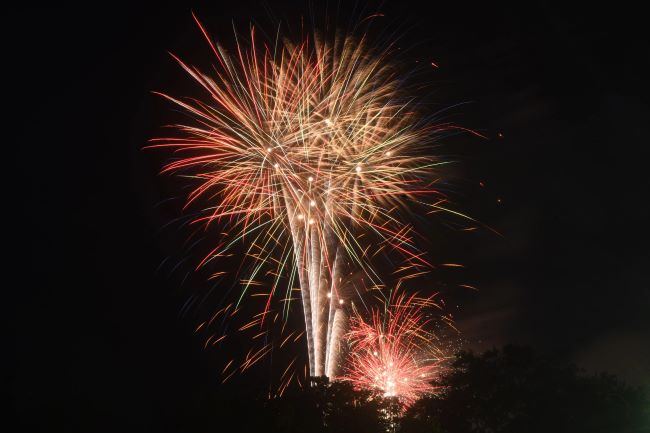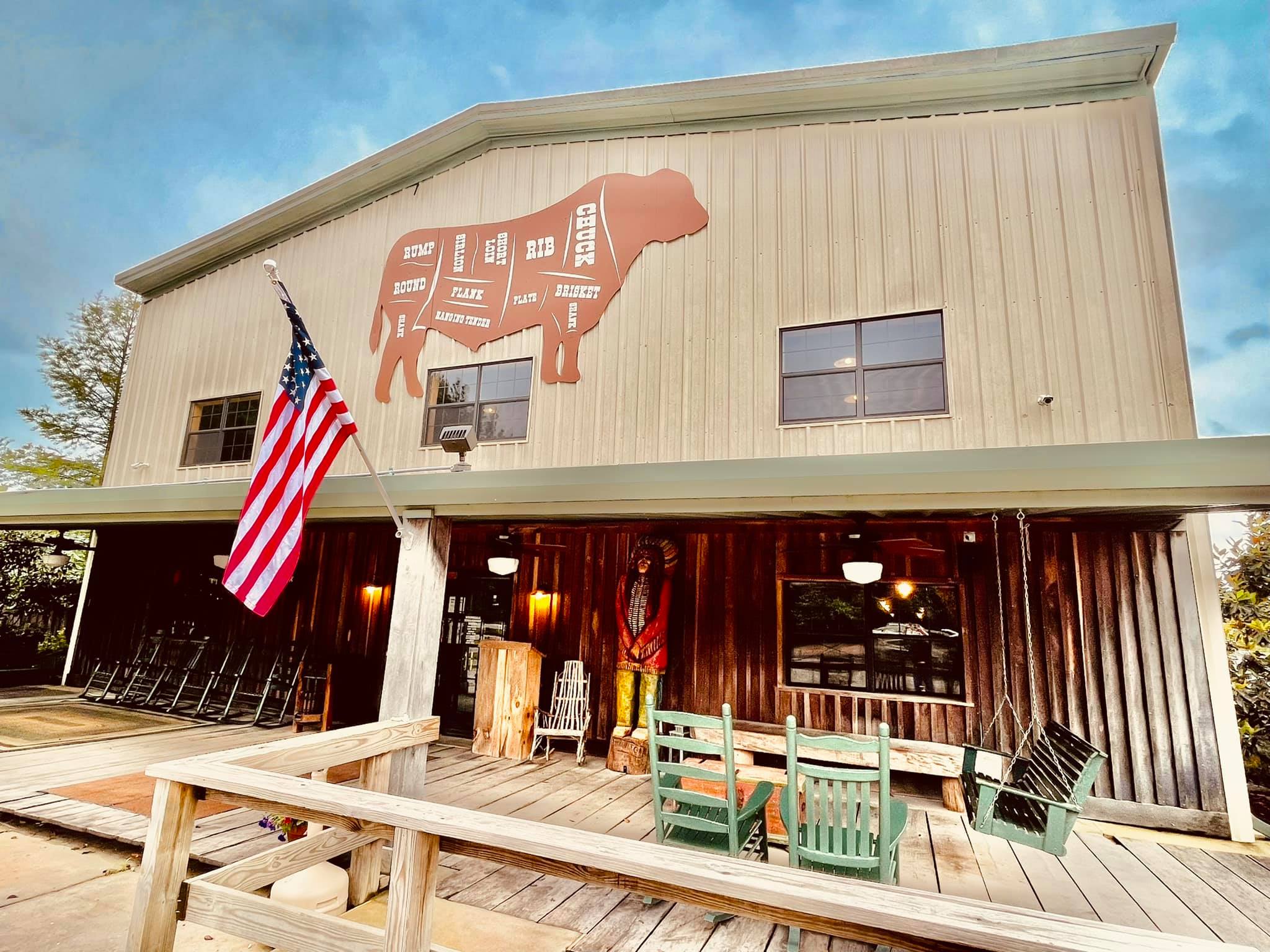From Mississippi to Israel ’23: A line in the sand (Part 2)
Published 11:34 am Tuesday, May 30, 2023




By Cara Scott, Grove City College (Penn.) ’24
(Ed. note: Oxford native Scott, a freelance writer on a trip to Israel, is sharing this oversea adventure with us.)
I spent the past two days in the desert of Israel. My group left Galilee on Saturday morning and headed into the West Bank, the part of Israel that belonged to Jordan until the Six Day War of 1967. The greenery began to disappear as the mountains around us doubled in size. No crops grew but date palms. Modern synagogues gave way to minarets. The air around us was thick with dust. Mine fields lay on either side of the road. Everything was barren but stunning. This was how I’d always pictured the Middle East. We had entered the Negev desert.
The stale heat struck me as soon as I got off the bus at our first stop, the Jordan River. More surprising was how close I stood to the country of Jordan. When I neared the river’s bank, I stood no more than fifteen feet from the Jordanian border on the other side. Nothing was different apart from the flag they flew and the soldiers patrolling the Israeli side of the border. One of the soldiers came up to me and a friend and asked us in broken English where we were from and where we had visited in Israel. He told us he was one and a half years into his military service, so even though he looked much older than us he couldn’t have been more than 19 (Israelis are subject to a mandatory draft at the age of 18, and men serve for three years). He asked us about the military in the US and told us about the Israeli military. I was very excited to get to talk to him, but we had to say goodbye and continue.
Where we went next felt like an entirely different country (and some say it is). After leaving behind our Jewish Israeli tour guide who couldn’t enter certain parts of the West Bank, our group headed into Palestine to see the ruins of ancient Jericho. Hebrew signs disappeared; now, everything was in Arabic. We saw a camel, peacocks, and a pack of wild dogs. The Palestinian flag flew everywhere. The tourists changed along with the scenery: Until now most tourists had been fellow Southerners with accents that reminded me of home, but in Jericho we were the only Americans among throngs of Eastern European and African Christians visiting with their churches.
As I left the site, I saw my brother Rhodes sitting and speaking with an Arabic Israeli man. I walked over and joined them right when Rhodes asked him what Israelis thought of all the American tourists. After pulling up an app to translate “tourism” into Arabic, the man told us he thought Americans were nice, but he didn’t know much about our culture aside from what he occasionally saw on the news. We then asked him what languages he spoke, and he told us he spoke Hebrew, Arabic, English, and a little French. I exchanged a few words with him in French before Rhodes and I had to head back to the bus. We left Palestinian-occupied territory, picked up our tour guide, and continued into the Negev toward the Dead Sea.
When we arrived at our hotel at the Dead Sea, we changed into our swimsuits and went to the beach right away. As we swam, we could see Jordan’s mountains on the opposite shore, although the air was still dusty and the visibility low. The thick, salty, aquamarine water burned my dry hands and tasted like death. We bobbed up like corks over the salt crystals below us. It was surreal to know we were at the lowest point on earth, especially after my friend pointed out that we were so far below sea level that the Atlantic Ocean was as high as the cliffs around us.
The next day, as we boarded the bus toward Jerusalem, our tour guide told us to prepare ourselves — Jerusalem would be very different from anything we had experienced thus far in Israel. I couldn’t wait.









